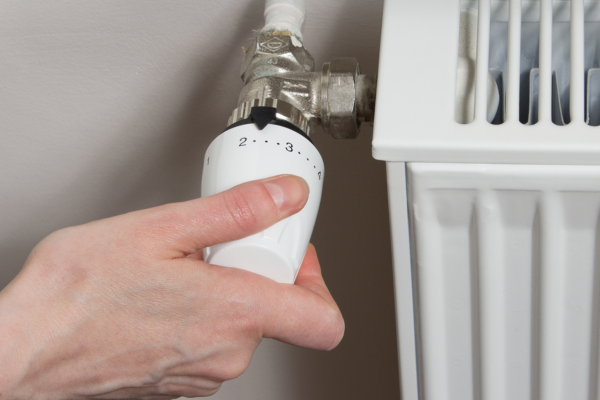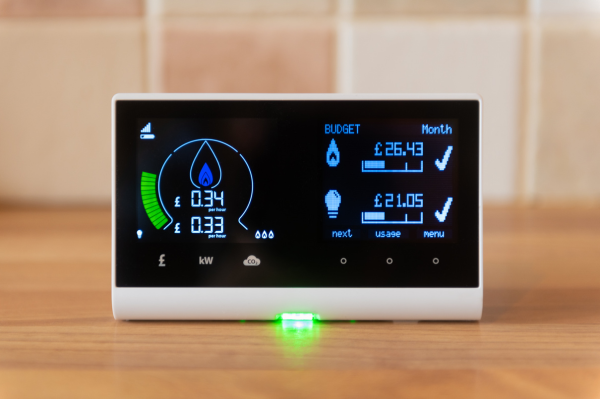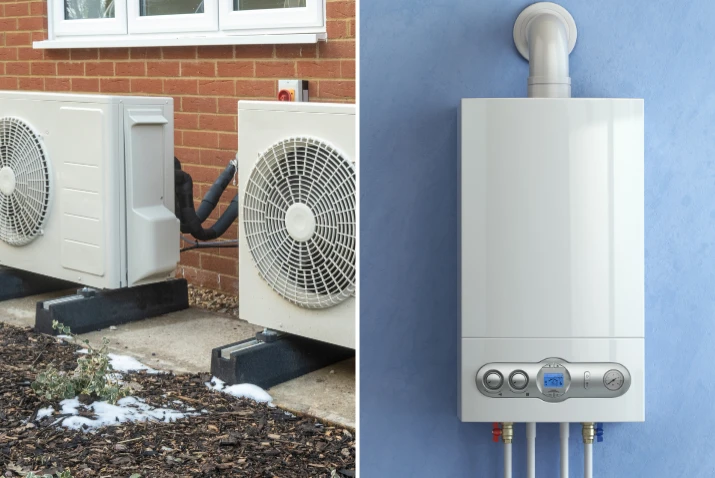When you come to sell your home, you need to have an Energy Performance Certificate (EPC). This effectively ‘grades’ how energy efficient your home is, with A being the best and G being the lowest rating.
While there is no minimum rating for owner-occupied homes, all rented properties need to have a rating of at least E to be legally let. However, the Government has indicated that in the future it would like this minimum rating to rise to C; as it stands, the average is D.
So, when selling a home, the ideal would be for your EPC rating to be a C or above, to demonstrate to buyers that it is reasonably energy efficient and therefore easier and cheaper to heat. And, according to the Halifax, a higher rating can improve the value of your home by around 2%. Although that might not sound much, with the average home value standing at £280,000 (Land Registry, March 2024), that translates to a price boost of £5,000 or more.

That said, it can be difficult to identify the individual factors that influence a property’s price, so it’s always important to speak to a local expert sales agent, such as ourselves. We can visit your property and give a tailored market appraisal, which can include an assessment of how much value could be added by making certain changes.
But making sure your EPC rating is as high as possible is certainly one way you can help maximise the value of your home - or at least help it sell more quickly.
Here are five steps you can take now to increase your home’s rating or saleability and even if you aren’t selling, these tips still apply for your current home and a property you may rent or let.
Top tip #1: What EPC rating does your home currently have?
Since 2008, it has been a legal requirement to have an EPC before marketing a property, so if you bought your home since then, you should have a copy of that certificate to check the rating. EPCs are only valid for 10 years so, if it has expired or you have made improvements since you moved in, or not sold it since then, you will need to get a new assessment. If your home is already rated C or above, that’s good news, although it’s always worth seeing if you can improve it any further.

Top tip #2: Radiator thermostats
According to the Energy Savings Trust, fitting thermostats can bring your heating bills down by around £100 a year. They cost a few hundred pounds to install but this could easily be offset by the value added in making your home more appealing to buyers.
Top tip #3: Fit low energy lightbulbs
Check what lightbulbs you have. Fitting low energy ones can help your rating so they’re well worth installing, especially if you need to have a new EPC assessment carried out.
Top tip #4: Upgrade your insulation
Insulation can help too. Loft insulation is usually the easiest to fit, although it must be at least 270mm thick to secure a good EPC rating. According to Checkatrade, this costs from around £250 to install.

Top tip #5: Utility meters
Although having these meters may not help directly with the EPC rating, in order to create an energy efficient home, you need to be able to identify where and when you’re expending the most energy, so you can take the right steps to reduce costs. Having working smart meters that allow easy monitoring of the gas, electricity and water to help you keep those costs down, can really help to sell the home. These meters typically don’t require an upfront payment, so it might be worth speaking to your utility provider to find out more.
Overall, having an energy efficient home is always going to be a good selling point. Even if it doesn’t directly lead to a higher valuation, it can give you a competitive edge and help you secure a buyer more quickly – plus you’re doing your bit for the environment.
For help and advice on making your home as energy efficient as possible, just get in touch with your local branch and have a chat with one of the team.








